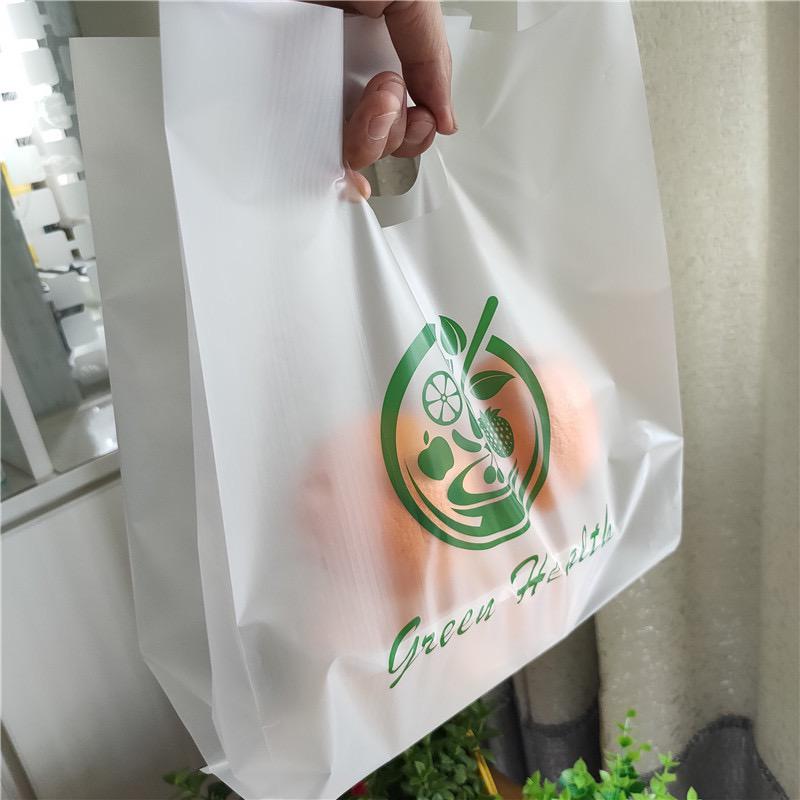In recent years, the conversation around sustainable packaging has intensified, with paper bags often positioned as a more environmentally friendly alternative to their plastic counterparts. As consumers become increasingly conscious of their ecological footprint, understanding the advantages and disadvantages of paper bags is crucial. This article delves into the multifaceted aspects of paper bags, examining their benefits and drawbacks to provide a comprehensive overview for consumers, businesses, and policymakers alike.
The Pros of Paper Bags
- Biodegradability and Compostability
One of the most significant advantages of paper bags is their ability to decompose naturally. Unlike plastic bags, which can take hundreds of years to break down, paper bags typically decompose within a few months in a composting environment. This characteristic significantly reduces the long-term impact on landfills and ecosystems, making paper bags a more sustainable choice. - Renewable Resource
Paper is primarily made from trees, which are a renewable resource when managed sustainably. Many paper bag manufacturers source their materials from responsibly managed forests, ensuring that the production process does not contribute to deforestation. This renewable aspect aligns with the principles of sustainable development, promoting a circular economy. - Recyclability
Paper bags are widely accepted in recycling programs, making them an excellent option for consumers looking to minimize waste. When recycled, paper can be transformed into new products, reducing the need for virgin materials and conserving energy. This recycling potential contributes to a more sustainable lifecycle for paper bags. - Consumer Preference
As environmental awareness grows, many consumers prefer paper bags over plastic. This preference can enhance a brand's image and appeal to eco-conscious customers. Businesses that adopt paper bags may find themselves better positioned in a competitive market, attracting customers who prioritize sustainability. - Versatility and Strength
Paper bags, particularly those made from kraft paper, are known for their strength and versatility. They can hold a substantial amount of weight, making them suitable for various applications, from grocery shopping to retail packaging. Additionally, paper bags can be easily customized with prints and designs, allowing businesses to enhance their branding efforts.
The Cons of Paper Bags
- Environmental Impact of Production
While paper bags are biodegradable, their production process can be resource-intensive. The manufacturing of paper requires significant amounts of water and energy, and if sourced from non-sustainable practices, it can contribute to deforestation and habitat destruction. Thus, the environmental benefits of paper bags can be undermined if they are not produced responsibly. - Durability Concerns
Paper bags are generally less durable than plastic bags, especially when exposed to moisture. They can tear or become soggy if they come into contact with water, limiting their usability in certain situations. This fragility can be a drawback for consumers who require a more robust option for carrying heavy or wet items. - Cost Implications
The production and sourcing of paper bags can be more expensive than plastic bags, leading to higher retail prices. For businesses, this cost may translate into increased expenses, which could deter some from making the switch to paper. Additionally, the price difference may impact consumers who are sensitive to cost. - Limited Reusability
While paper bags can be reused, they typically do not have the same longevity as plastic bags. After a few uses, they may show signs of wear and tear, making them less practical for repeated use. This limitation can lead to increased consumption, counteracting some of the sustainability benefits. - Carbon Footprint
The transportation of paper bags can also contribute to their overall carbon footprint. Since paper is heavier than plastic, transporting paper bags requires more fuel, which can negate some of the environmental benefits associated with their biodegradability and recyclability.
Conclusion: A Balanced Perspective
The debate over paper bags is nuanced, with both advantages and disadvantages to consider. While they offer significant environmental benefits, such as biodegradability, recyclability, and consumer appeal, the challenges associated with their production, durability, and cost cannot be overlooked.


